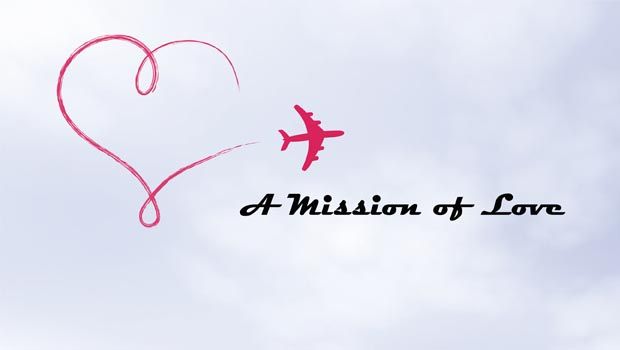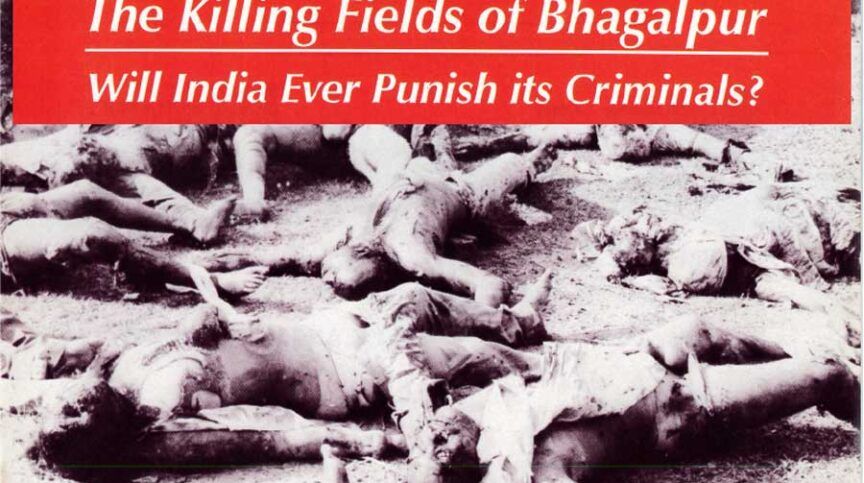The Prophet Muhammad (peace be upon him) said:
[Sah?h Muslim 6524]O My servants! I have forbidden injustice to Myself and I have made it unlawful for you, so do not oppress one another.
Today Syria burns. Syria. The center of historical Sham, vibrant heart of the Islamic world for over a millennium.
Since the dawn of the Islamic era, the faithful have flocked to this ancient land. Many made it their home. Others came seeking knowledge, wisdom or simply a better life. The first Muslim empire made it their capital for nearly a century. In turn, the region produced over time some of our brightest minds. After all, it was the Prophet himself who had advised, Go to Sham, for it is the chosen among God’s lands, and the destination of His chosen ones. [Abu Dawud, authenticated by al-Albani] And so it was naturally the Companions of the Prophet who were first to settle in Damascus, heart of Greater Syria, bringing with them the Prophetic legacy.
The Quintessential Damascene Tradition
Among these was Abu Dharr al-Ghifari, and among the Prophetic traditions he passed on was the hadith cited above on the subject of justice. It was taught from generation to generation until another great scholar of Damascus, Imam Nawawi, immortalized it for posterity. Consequently, it became a sort of quintessential Damascene tradition and was celebrated as such. In fact, Nawawi remarks, “The people in the chain of transmitters of this Hadith from myself to Abu Dharr are all from Damascus.” And Imam Ahmad before him made the claim, “There is no tradition that the people of Sham possess that is nobler than this one.”
Justice is God’s Own Value
This is a qudsi hadith, which means “sacred tradition” and refers to the statements of God as related by the Prophet Muhammad. The above hadith represents the initial words of a lengthier tradition instructing humanity on one of the most important values in Islam, a value that permeates all Islamic laws and teachings: justice.
Its opening words are, at the same time, universal and intimate. My servants speaks to humanity in the broadest terms possible and addresses them in a warm and close manner that suggests the great care the Creator has for His creation. Only after such an introduction does God deliver the point—justice is His own value, His guiding principle.
He declares that He forbade injustice—its exact opposite—upon Himself. Two of His Names have to do with justice: al-’Adl (“The Just One”) and al-Muqsit (“The Dispenser of Justice”). God created the world with justice, and it is self-evident all around us: And the heavens He has raised up and established the scale of justice, so do not transgress the scale of justice. [Quran 55:7-8]
Justice is an Islamic teaching which has its roots in God Himself. God is Just, created the world with justice, and enjoined the same standard on humanity. Unfortunately, far too few heed this call. Perhaps that is why the instruction given was to avoid injustice rather than to implement justice. Even the angels had recognized earlier that humans would bring injustice to the world:
Are you going to place in the earth those who will inevitably sow corruption therein and shed blood? [Quran 2:30]
Hence the reminders throughout our history, through Messengers, whose central message was to establish justice:
Verily, we sent Our Messengers with clear proofs, and we revealed unto them the Scripture and the Balance in order that they lead people with justice. [Quran 57:25]
Two Sides to Injustice
So God made injustice unlawful and instructed us to avoid it. The term used (tazalamu) is in the reflexive form, which does not simply mean Do not commit injustice, as is commonly translated, but includes the involvement of two sides. That is because for every act of injustice there is a perpetrator and a victim. Oppression requires the oppressed. And institutionalized tyranny can only operate with a steady supply of victims, willing or unwilling. When victims refuse to be victims, then the system crumbles as the Arab Spring continues to demonstrate.
With this same insight, the Prophet advised his followers, Help your brother whether he is an oppressor or oppressed. In response to how an oppressor could be helped, he replied, Stop him from his oppression! So the meaning of these words is much deeper than they would appear: avoid injustice in all its forms, whether it is direct involvement or by becoming accessories, or whether it is by being perpetrators or becoming victims.
It is ironic that Syria of all places has become a tragic stage for the most egregious injustices being played out in the world today—the same region that disseminated this lesson on justice! Both the perpetrators and victims are Muslim, which makes these violations all the more egregious.
The justice maxim is quite clear in the Quran and in the life mission of the Holy Prophet. It was also clear in the minds of the early Muslims, such as the Muslim emissary to Persia who famously told the Emperor:
We came to rescue God’s servants from being slaves to other men to serving the Creator of all men, from the constraints of this life to the vastness of the next life, and from the tyranny of other religions to the justice of Islam.
The world needs this offer once more.





